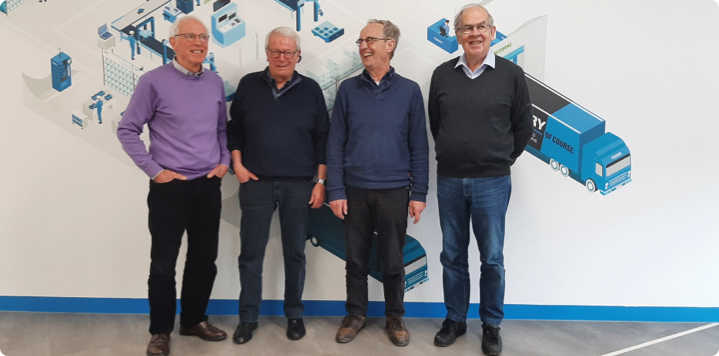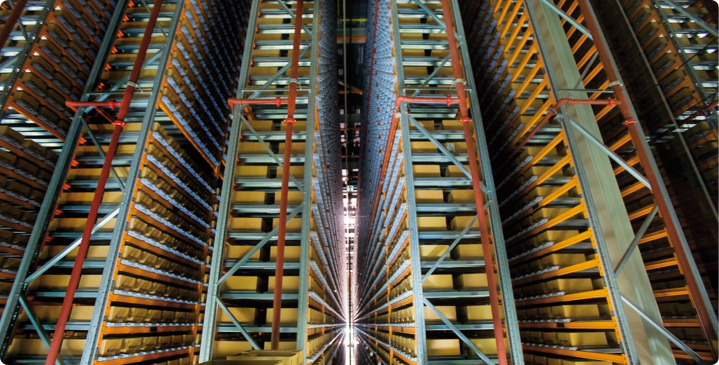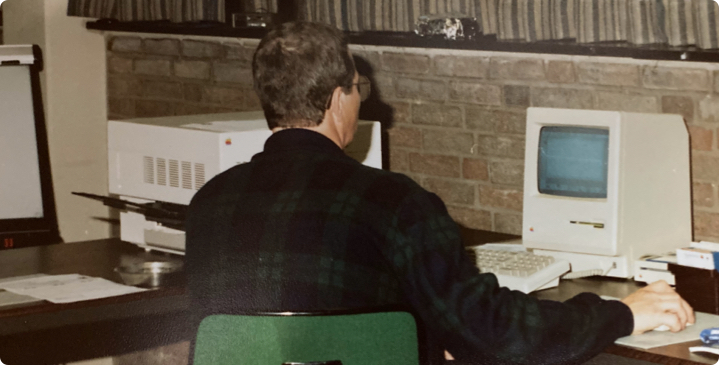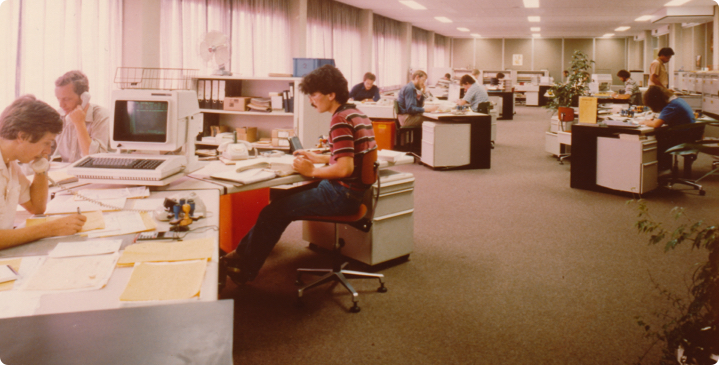"What does such and such earn? Very much"
When Cees Fouchier started working in the Accounting Department, processes were just being automated. Payroll was calculated on slips. Anyone who asked him what an employee earned received the answer: "Veul". If you were a little more curious, you would be asked about the salary of a board member: "Quite a lot".
In 1991 Hugo Smet joined the group of employees as the last one. The hiring process took some time, and I was therefore careful. "At the completion, I had to go to Mr Karel in Poppel, which became an instructive and pleasant evening with much wine; Karel was a fine man, the grandfather of the company." Hugo describes the organisational structure as flat, with few layers and short lines of communication. "That period Fabory expanded more and more. During the week, I worked in Tilburg and on the weekends, I flew to Prague, Budapest or Warsaw to take on new employees."
Slowly but surely, the systems that all these other countries ran on were connected to the central computer in Tilburg. Eventually, we added one more computer. Hans: "The fact that one computer could take over the other was already a big step in those days."
The feeling of a family business was noticeable in various ways, with good primary and secondary terms of employment. New colleagues had to live within a thirty-kilometre radius of Fabory. Extra hands were always needed in the summer period, and the help never came from far away: employees' children invariably earned an extra penny in the warehouse during their vacations.
Personally involved
If systems had to be expanded or replaced, days were chosen around Easter, Ascension or Christmas. Everything had to be up and running again on the following Monday. Hans: "The Borstlap family always came to take a look at those times. When the job was done, there was food for everyone." On birthdays, employees received a VVV voucher, and if possible, they accepted it personally from John Borstlap. Highlights were the annual Christmas celebration and the barbecue in the summer.
The men meet each other on Lauren Janssensstraat this Monday is an exception. They no longer meet here but in Fabory's senior citizen's association. This now has almost a hundred members. Outside coronation time, they like to get together to drink at the Oude Markt in Tilburg. Seventy-five years of Fabory was a lovely occasion to look back together, but these four men do just that. Their time at Fabory has created a warm, familial friendship.





